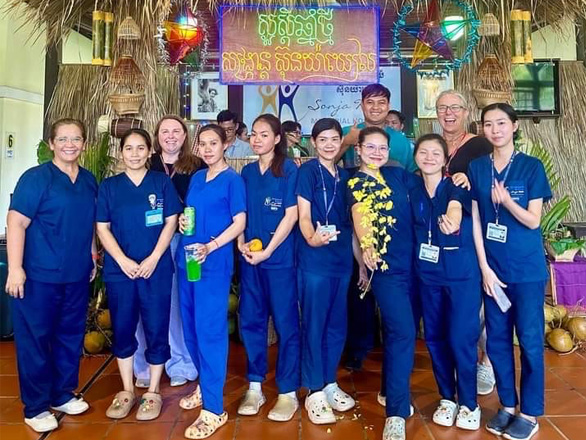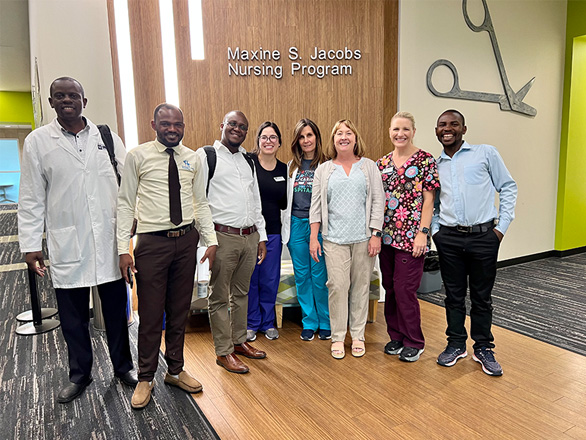Global partners

Cambodia
A non-profit hospital and training center that improves the health of families and their communities by delivering high-quality, patient-centered care, regardless of their ability to pay.

Uganda
A 150 bed not-for-profit community hospital in rural south-west Uganda serving more than 120,000 patients per year. The Bwindi Community Hospital is closely associated with the Uganda School of Nursing, Bwindi and the Uganda Colleges of Health Sciences, Bwindi.